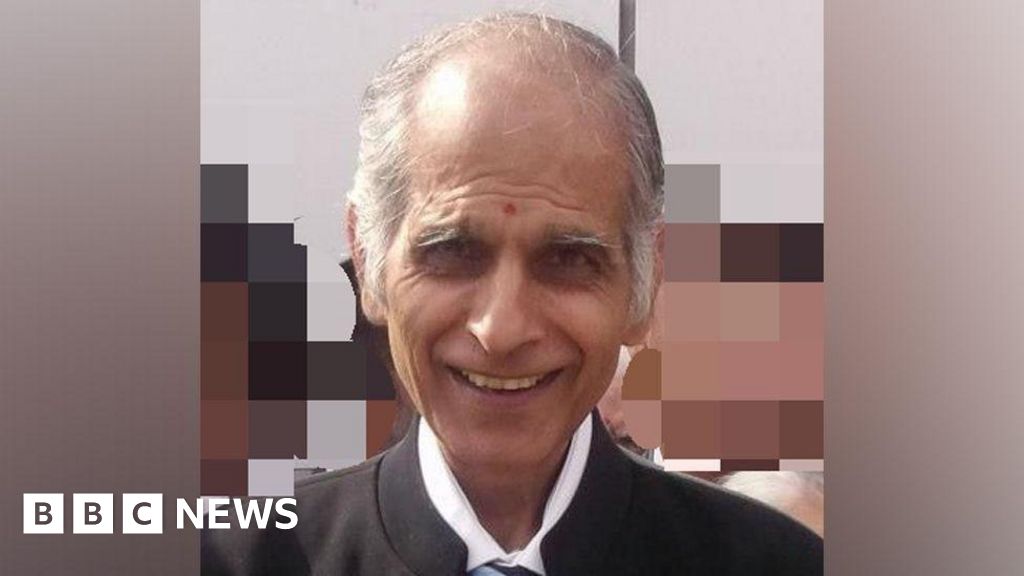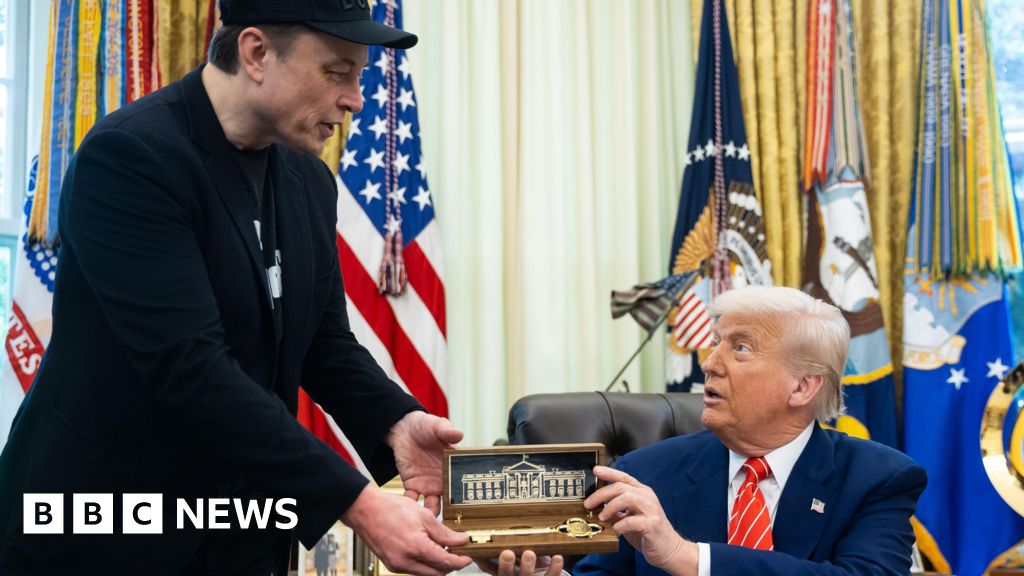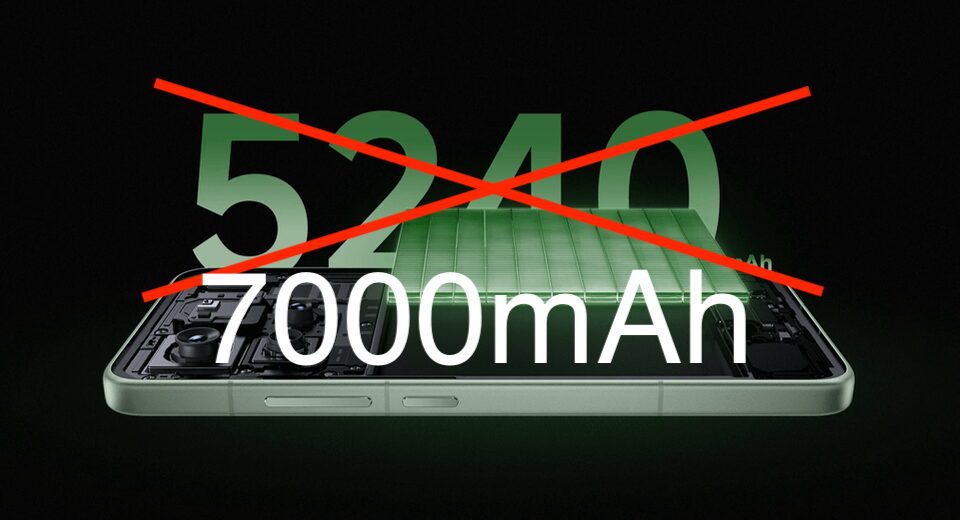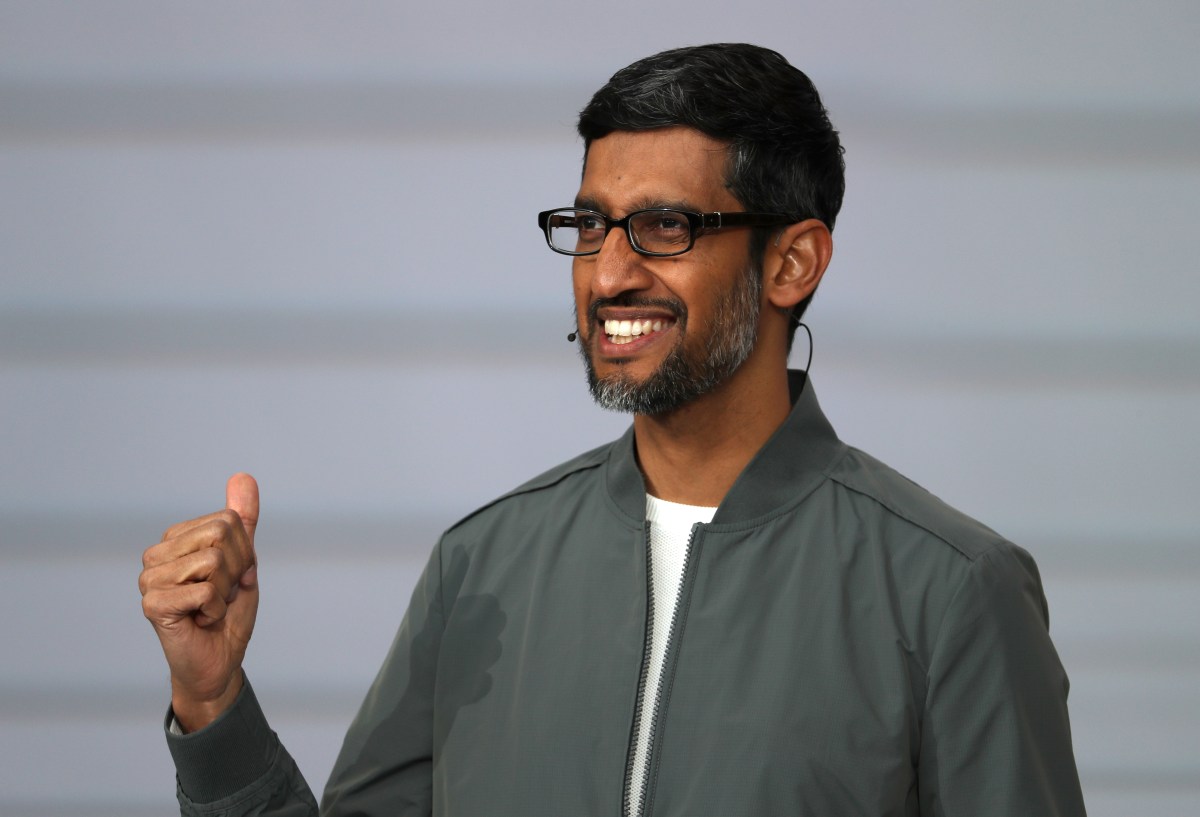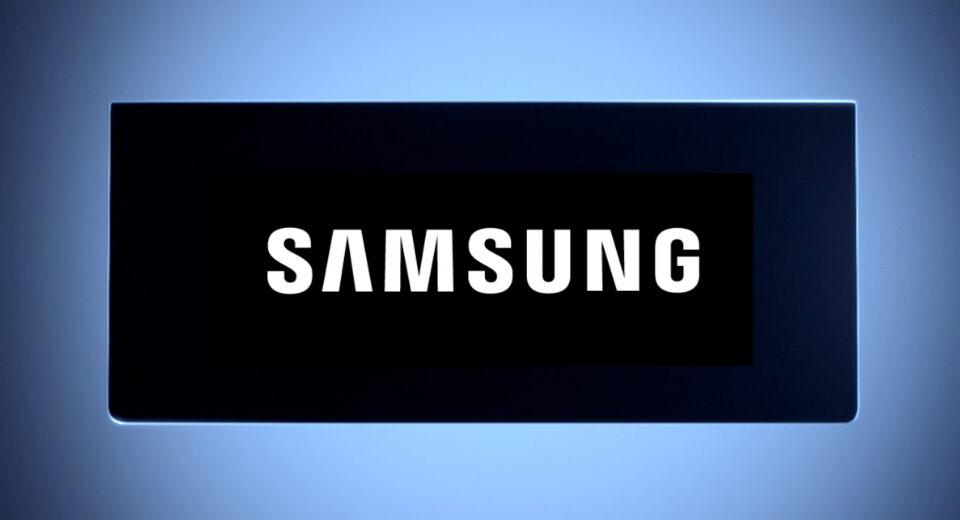Trump Pressures Divided G.O.P. To Back Policy Bill


The president is pressing Republicans in the Senate to unite quickly behind sprawling legislation that carries his domestic agenda, but the measure’s opponents have a powerful new ally: Elon Musk. President Trump on Tuesday ratcheted up pressure on Senate Republicans to quickly embrace and pass legislation carrying his domestic agenda, intensifying a battle inside the G.O.P. about what should be in the measure and how much it should cost. The deepening divisions are threatening the fate of the sprawling bill, which includes large tax cuts; reductions to Medicaid, food assistance and clean energy programs; and additional money for border security and the military. They erupted online on Tuesday after Mr. Trump lashed out at an outspoken Republican opponent of the legislation and as Elon Musk, the tech billionaire who recently left his governmental role leading the Department of Government Efficiency, castigated its supporters, denouncing the bill as “a disgusting abomination.” The back-and-forth highlighted the challenges facing Mr. Trump’s top domestic priority, which has prompted a searing debate in the G.O.P. about policy priorities and how much additional debt the federal government should take on to address them. Mr. Trump began the day lashing out on social media at Senator Rand Paul, Republican of Kentucky, for refusing to back the bill, claiming that Mr. Paul had little understanding of the measure and adding: “His ideas are actually crazy (losers!). The people of Kentucky can’t stand him.” “He loves voting ‘NO’ on everything, he thinks it’s good politics, but it’s not,” Mr. Trump wrote of Mr. Paul, calling the legislation a “big WINNER!” Hours later, Mr. Musk panned the bill in his own social media posts, calling it “massive, outrageous, pork-filled,” and warning that it would “massively increase the already gigantic budget deficit” and “burden America citizens with crushingly unsustainable debt.” “Shame on those who voted for it: you know you did wrong,” Mr. Musk wrote, apparently referring to House Republicans who backed it almost unanimously when it squeaked through their chamber late last month. His broadside served as a shot in the arm for conservatives in Congress like Mr. Paul who are agitating for deeper spending cuts in the legislation and object to the estimated price tag of the bill, which is projected to add as much as $3 trillion to the debt over the next decade. “I agree with Elon,” Mr. Paul wrote later in his own post, while Representative Thomas Massie of Kentucky, one of just two House Republicans who voted against the measure, chimed in with a “He’s right.” Republican leaders sought to play down Mr. Musk’s criticism. Speaker Mike Johnson said he had talked to Mr. Musk on Monday, and left the call under the impression that he “seemed to understand” the importance of the legislation. “For him to come out and pan the whole bill is to me just very disappointing, very surprising,” Mr. Johnson said, adding, “With all due respect, my friend Elon is terribly wrong.” Mr. Musk weighed in as Senate Republicans convened for their weekly private luncheon. The reaction inside the room, Senator Kevin Cramer of South Dakota said, was “eye-roll, I suppose.” “I just don’t base my policy positions based on his,” Mr. Cramer said. But Mr. Musks’s criticism only underscored the rifts that were already threatening the bill. Other Senate Republicans have raised the opposite concern, arguing that it cuts too aggressively into certain federal programs, including Medicaid and clean energy tax credits created during the Biden administration. The dispute is playing out as Senate Republicans begin their work on the bill, following its passage in the House over solid Democratic opposition. Even as Mr. Johnson has implored senators not to make major changes that could jeopardize the measure’s chances of final approval in the House, they have made clear that they intend to put their own mark on the package. “We’re anxious to have the ball and to run with it,” Senator John Thune of South Dakota, the majority leader, said on Tuesday. “Obviously, we’re going to take a lot of input from our members and make sure that as we go through the process, it’s done in a way that incorporates the views of Republican senators,” he added. Mr. Trump on Monday publicly urged Senate Republicans to move swiftly on the measure, touting its provisions cutting taxes, beefing up border enforcement and deportations, rolling back clean energy programs and scaling back Medicaid and food assistance, among others. “I call on all of my Republican friends in the Senate and House to work as fast as they can to get this Bill to MY DESK before the Fourth of JULY,” Mr. Trump wrote. That means that competing factions of Republicans will have to patch over their divisions in short order. Senate Republicans have a slim majority, and can afford to lose only three votes on the bill. One group, led by Mr. Paul as well as Senators Ron Johnson of Wisconsin and Mike Lee of Utah, is agitating for deeper spending cuts, noting that the bill as written is projected to balloon federal deficits. Mr. Paul also opposes the measure’s $4 trillion increase in the debt limit, a boost that the Treasury Department says is needed to avert a federal default as early as July. Party leaders have been working to try to tamp down their opposition. Mr. Trump spoke by phone with both Mr. Paul and Mr. Johnson earlier this week. “He did most of the talking,” Mr. Paul told CNN of the president. Asked whether Mr. Trump changed his mind, the senator replied, “No.” Another faction — including Senators Josh Hawley of Missouri, Jim Justice of West Virginia and Susan Collins of Maine — has expressed concerns about a provision in the bill that would limit strategies that states have developed to tax medical providers and pay them higher prices for Medicaid services. The senators’ worry is that the change could adversely affect rural hospitals in their states. “They’re very concerned about it, and rightly so,” Mr. Hawley said of the leaders of rural hospitals in Missouri. “You want to get major savings in the health care sector? Don’t take away the rural hospital improvement benefits from working people.” Still another group, including Senators Thom Tillis of North Carolina and John Curtis of Utah, have indicated unhappiness with the legislation’s aggressive — and almost total — repeal of clean energy tax credits created by legislation passed during President Joseph R. Biden Jr.’s administration, which he named the Inflation Reduction Act. “I just want Republicans to be thoughtful and not reactive. Just because it was in the I.R.A.,” Mr. Curtis told reporters, referring to the law by its abbreviation, “doesn’t make it bad.” Senator Lisa Murkowski, Republican of Alaska, also has raised concerns about both the Medicaid cuts and the repeal of the clean energy tax credits. Democrats reacted with glee to Mr. Musk’s broadside against Mr. Trump’s signature bill. Senator Chuck Schumer of New York, the minority leader, said he was shocked to be uttering the phrase “I agree with Elon Musk,” noting that the Republican Party was once the party of fiscal hawks. “Republicans should listen to him — and actually to their former selves — outraged about the national debt,” Mr. Schumer told reporters. Carl Hulse, Michael Gold and Jonathan Swan contributed reporting.
What's Your Reaction?
 Like
0
Like
0
 Dislike
0
Dislike
0
 Love
0
Love
0
 Funny
0
Funny
0
 Angry
0
Angry
0
 Sad
0
Sad
0
 Wow
0
Wow
0


